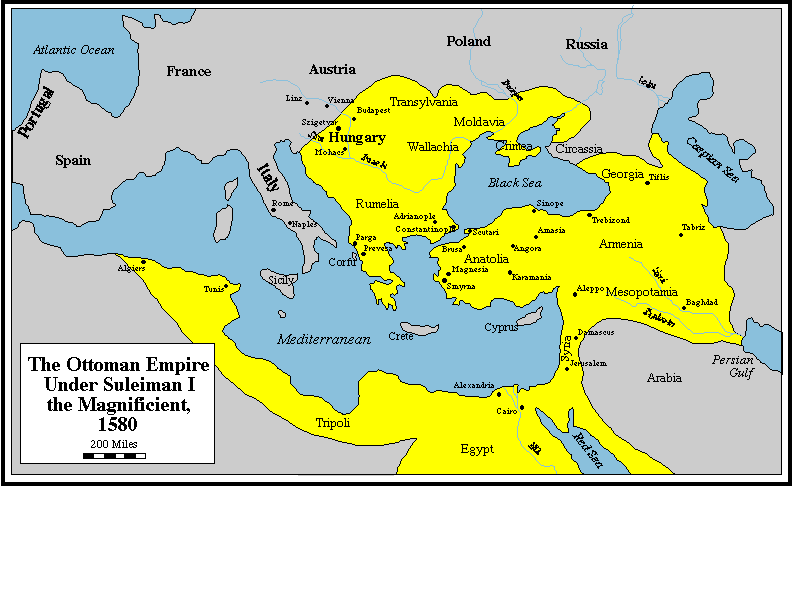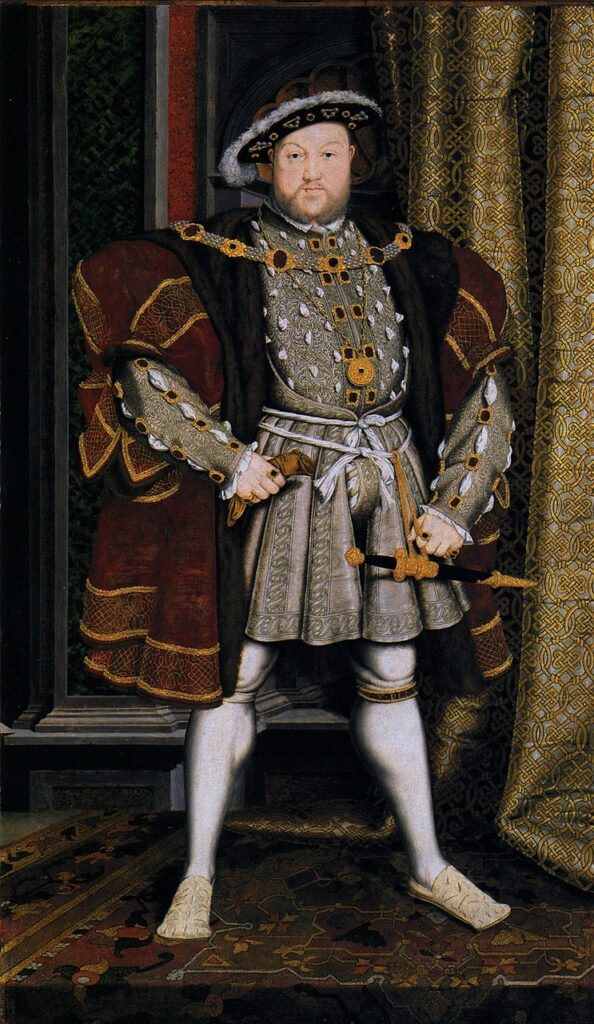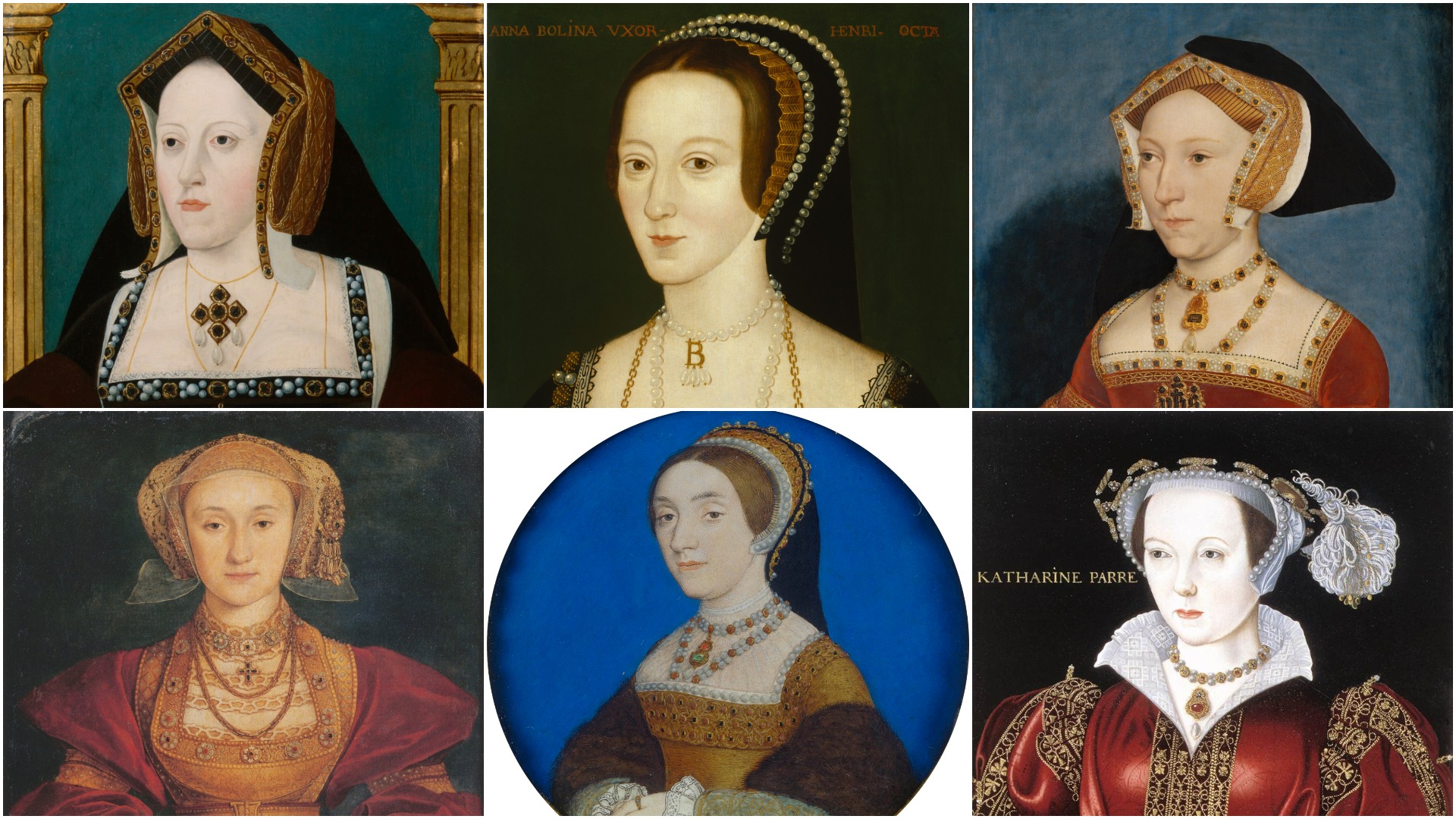Who was more powerful, Henry VIII or Suleiman The Magnificent?

Suleiman the Magnificent, also known as Suleiman I, was the tenth Sultan of the Ottoman Empire, and he reigned from 1520 to 1566. He is one of the most famous and influential rulers of the Ottoman Empire. Suleiman was born on November 6, 1494, and he died on September 6, 1566.
During his reign, Suleiman oversaw the expansion of the Ottoman Empire to its greatest territorial extent. It covered modern day Turkey, Georgia, Armenia, Iran, Iraq, Egypt, much of Libya and Algeria, Greece, Hungary, Romania, Moldova as well as bits of Ukraine and Russia. He ruled over 25 million souls.
He is known for his military campaigns and successful conquests, which included the capture of Belgrade, Rhodes, and most notably, the siege of Vienna in 1529. Suleiman’s reign is often considered the height of Ottoman power and influence in both Europe and Asia.
The economy of the Ottoman Empire was more than double France, Spain and the Hapsburg Empires combined.
Suleiman was also a patron of the arts, and his rule saw a flourishing of literature, architecture, and culture. He is particularly well-known for his legal reforms and the codification of laws that became the basis for the legal system of the Ottoman Empire. His title, “the Magnificent,” reflects the grandeur and success of his rule. His reign is sometimes referred to as the “Golden Age of the Ottoman Empire.” He was succeeded by his son, Selim II, upon his death in 1566.

Henry VIII was a King of England who ruled England from 1509 to 1547. Not even the whole of island of Great Britain. He ruled over a puny 2.3 million souls. His economy was tiny compared to the major European powers of the day – far less the mighty Ottomans. Henry was born on June 28, 1491, and he died on January 28, 1547.

Henry is famously known for his six marriages. His desire to annul his marriage to Catherine of Aragon, and the Pope’s refusal to grant him an annulment, led Henry to establish the Church of England in 1534. Henry passed the Act of Supremacy, which declared the English monarch as the supreme head of the Church of England, further solidifying his control over the church.
This event, known as the English Reformation, resulted in the Church of England breaking away from the authority of the Pope and the Roman Catholic Church. As part of the English Reformation, Henry ordered the dissolution of the monasteries in England, confiscating their lands and wealth. This move had profound effects on the religious, social, and economic landscape of England.

Henry’s reign had a lasting impact on English history, especially in the areas of religion and government. The establishment of the Church of England set the stage for the development of Protestantism in England, and the monarchy’s power and role in governance were significantly transformed.
Resources:
- Colin Riegels, BCL in Law, University of Oxford
- World History Encyclopedia





